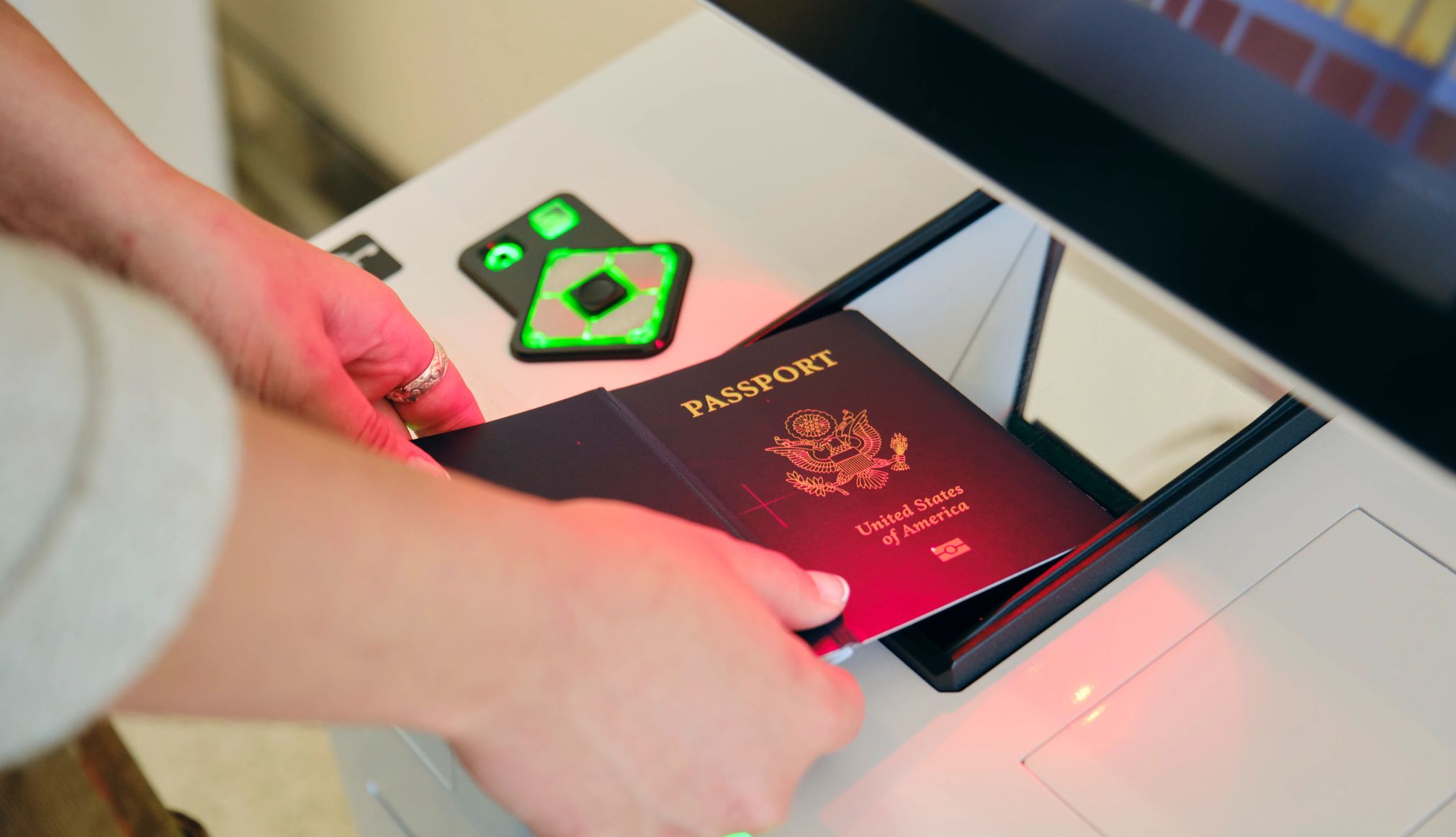AARP Hearing Center


After moving to Miami following two-plus decades of Wall Street banking, Gemma M. García knew she wanted to use her retirement years to start giving back. So when a woman from her church asked in 2007 if she would get involved with their prison ministry, García said yes. She didn’t realize those visits would kindle a long second career teaching incarcerated women business and other life skills.
“What touched my heart was how most of the ladies I was meeting really were victims of the circumstances they were born in,” García says. She resolved to help give incarcerated women the assistance they need to have the chances they’d been denied in life. She also learned that nearly all prison programs in Florida, as across the U.S., are geared toward men, who make up the largest share of prisoners.


LIMITED TIME OFFER: Labor Day Sale!
Join AARP for just $9 per year with a 5-year membership and get a FREE Gift!
On one occasion during her ministry, García took her older daughter with her to the prison. She still chokes up recalling how a woman pulled her daughter aside to tell her she would have loved having a mother like García, because her own had exploited her into prostitution from age 11. “What chance does someone with that experience have in life?” García remembers thinking.
García came to the United States at age 11, and her Cuban immigrant parents, both accountants, had long touted the importance of education. So in 2009 she and two other women created the Ladies Empowerment & Action Program (LEAP) to teach incarcerated women entrepreneurship and life skills. The five-month program provides entrepreneurship and job skills training to women in Homestead Correctional Institution in Miami-Dade County. Women in another large prison, in Ocala, Florida, can also be transferred to participate.
Over the years, LEAP added additional services the women need to succeed. This includes trauma and addiction psychological support, since over 80 percent experienced child sexual abuse, domestic violence and/or drug addiction. The program challenges the women to do the hard work of changing their thinking to learn to love and forgive themselves, García says.
LEAP acquired two group homes for women who need safe housing during their first year out. And it opened its own Miami shop, Dragonfly Thrift Boutique, as well as an online store to provide women temporary jobs upon their release. “Knowing they will have safe housing and will start making money right away offers a big security blanket for them,” García says.
All these offerings are crucial to ensuring the women can succeed in society, García says. So, too, is the physical and psychological assistance the women receive the moment they walk out the prison door. According to García, the first 72 hours outside prison largely predict whether a released inmate is likely to return there. “We have heard stories where the pimp is waiting for them outside. Others go back to the same neighborhood where they got in trouble,” she says.



























































More About AARP's Purpose Prize
Learn about previous winners and fellows
AARP's Purpose Prize FAQ
Read the official rules, eligibility, odds and prize disclosures